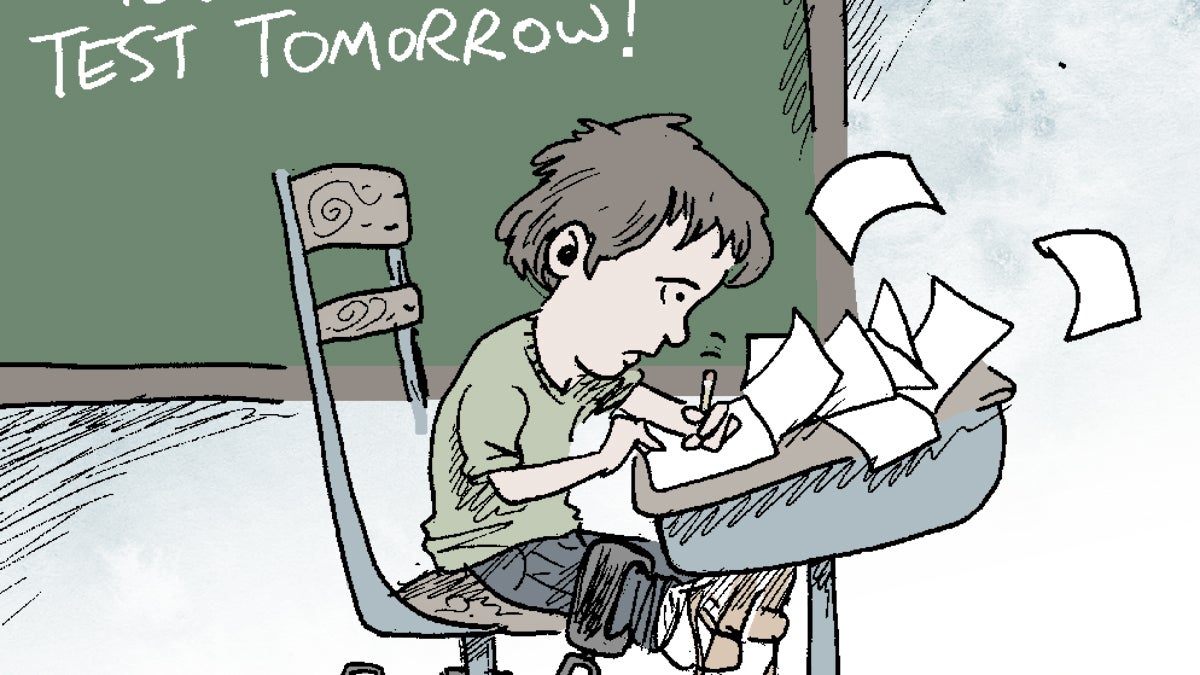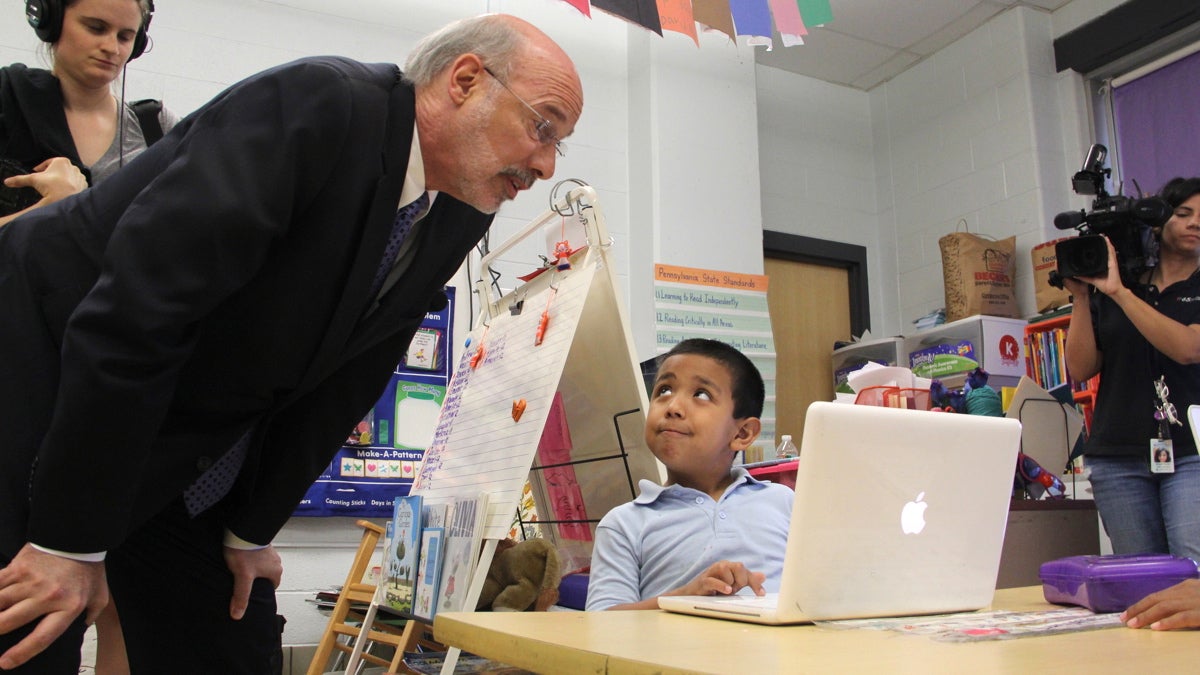Kindergarten doesn’t have to be the new first grade

The kindergarten I remember involved dinosaurs, finger painting and lots and lots of play time.

A couple years ago, my wife and I sat with a friend who complained that her kindergarten son had homework to do.
I was immediately taken a back. The kindergarten I remember involved dinosaurs, finger painting and lots and lots of play time. The most structure I can recall was manning our class post office for the day, delivering drawings we made for fellow classmates.
But today’s kindergarten is much different than the one my wife and I attended.
Today, music and art have given way to more testing and a heavier emphasis on academics. Self-directed and creative play have given way to a heightened focus on literacy, with a dramatic increase in the use of textbooks, worksheets and yes, homework.
Keep in mind, we’re talking about 5-year-olds.
A large study by University of Virginia confirms what teachers and parents have become concerned about – that kindergarten has become increasingly like the first grade.
The idea of expecting more from our kids isn’t in itself bad policy. But like most things, the devil is in the details and, thanks to the push of Common Core standards, increased time spent on literacy has caused time spent on areas of instruction that aren’t easily quantifiable (arts, music, station time) to drop “significantly.”
According to Mike Matthews, president of the Red Clay Education Association, Kindergarten teachers across all of Delaware have reported that the need to teach more letters and sight words leaves inadequate recess time and time to simply be kids.
The problem I have is there is no evidence that children who are taught to read in kindergarten are any better off than kids who don’t.
Just as it’s normal for babies to learn how to crawl, walk and speak within a wide span of time, countless studies have shown the long-term academic abilities of a six-year-old who learns how to read are no weaker than a child who learned to read at four.
Just compare kindergarten in the United States to Finland, where the emphasis on play and more recess has led to consistently strong test scores for its 15-year-olds.
“[Children] learn so well through play,” Anni-Kaisa Osei Ntiamoah, a Finnish kindergarten (there they call it “preschool”) teacher told The Atlantic’s Tim Walker. “They don’t even realize that they are learning because they’re so interested [in what they’re doing].”
Tell that to Bailey Reimer, a kindergarten teacher at a charter school in Chicago who not only tests her 5 and 6-year-olds regularly, she’s actually teaching them to love tests.
“Of course, 5-year-olds don’t come to school automatically loving testing,” Reimer wrote in a piece for Catalyst Chicago, which reports on urban schools. “As educators, it’s our job to build that appreciation and understanding.”
My son will soon be nine months old, and I cringe at the idea that he won’t learn to love art, science, English or math, but instead be taught to love the tests he’ll have forced down his still-developing throat. But Reimer lets her kindergarten kids do test prep on a rainbow rug, so I guess that’s fun.
I hope that in the handful of years it takes for my son to be old enough to step into a kindergarten classroom for the first time, our leaders will wise up to the all-stakes testing they’re forcing upon increasingly younger students.
Our teachers are skilled, intelligent and can build a culture of learning around anything they choose. Why not build it around a child’s love of play and curiosity? Instead of squashing their creativity at a young age, let’s harness it to lay the foundation for powerful problem solving skills that will prove far more beneficial over the course of their lives than any test score they get when they’re five.
I guess I’m calling on our schools to stop artificially accelerating our kids through their childhood, and instead deliberately let them linger in it. As crazy as it sounds, the path to success should go through recess.
——
Rob Tornoe is a cartoonist and WHYY contributor. Follow Rob on Twitter @RobTornoe
WHYY is your source for fact-based, in-depth journalism and information. As a nonprofit organization, we rely on financial support from readers like you. Please give today.


